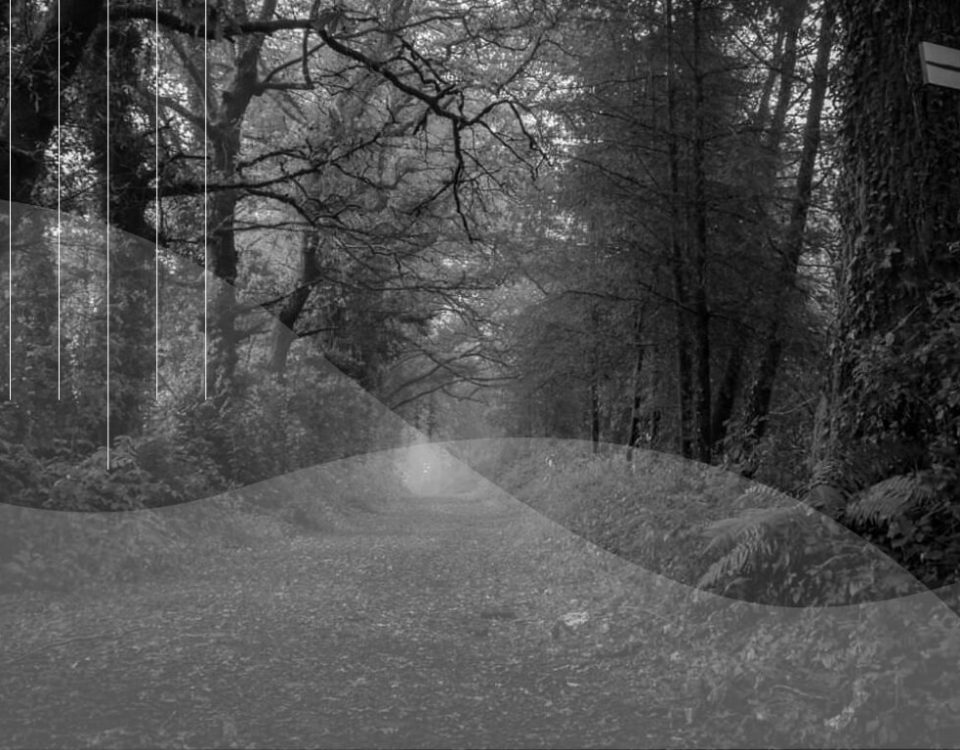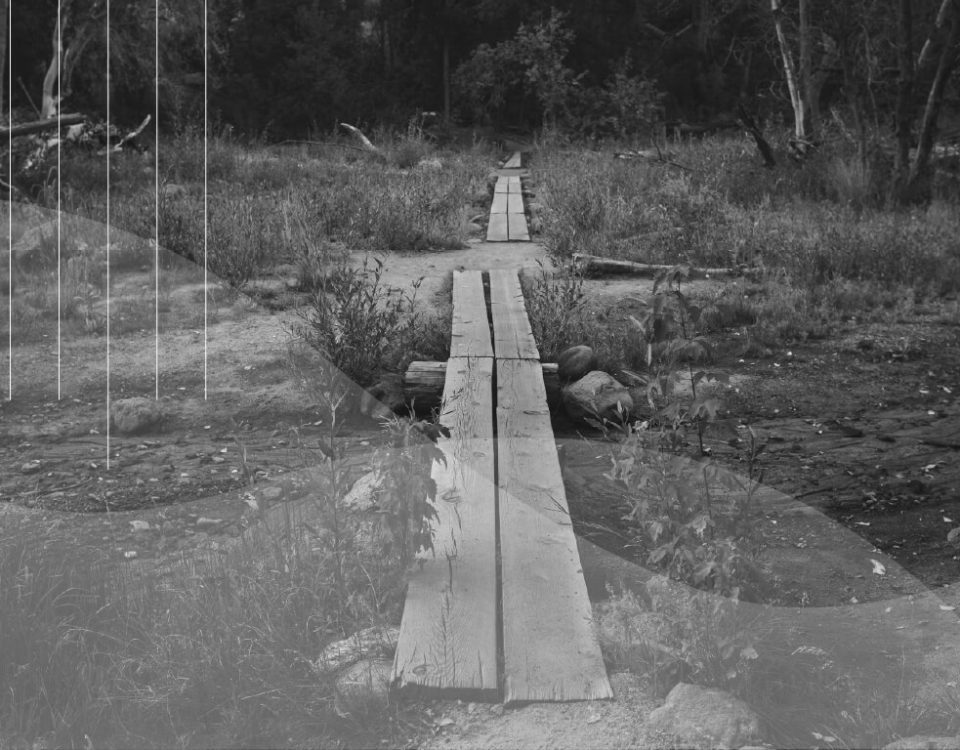
Is consecrated life worth it?
2 February, 2021
Walking with others…
6 October, 2021Listen to your heart
It is very important for St. Augustine to learn to listen to one’s heart. Moreover, on the path of vocational discernment, it is important to learn to hear God’s voice deep in the heart. But God’s voice is hardly heard in the heart if one does not learn to listen to one’s heart first. Why, then, is it important to listen to the heart? St Augustine gives a simple and blunt answer: “For in my heart I am what I am” (Confessions X,4).
I’ve always been fascinated by seeds. One of the most surprising experiences of my childhood was to see how a simple little seed is born and grows so much, until it gives flowers and fruits. Jesus of Nazareth also counseled the wonder that is a seed. He used the image in a parable, “The kingdom of Heaven is like a mustard seed which a man took and sowed in his field. It is the smallest of all seeds, but when it has grown it is the biggest of shrubs and becomes a tree”(Matthew 13:31-32). He also used it to refer to faith, “If your faith is the size of a mustard seed you will say to this mountain, ‘Move from here to there,’ and it will move”(Matthew 17:20).
What’s the most surprising thing about a seed? That it is of any type, it keeps within it all the information that will be required to be born and develop according to its species, when the right conditions are given. In addition, the seed contains within itself enough strength to initiate a process of deployment of the life it guards, when it finds on the outside the favorable signals to initiate this phase. A simple seed holds in its heart the greatest promise of life.
The pedagogy of vocational accompaniment can be taken advantage of this wisdom inscribed deep in all living species of nature, particularly in the human being. When St Augustine invites you to return to the interior, he proposes a journey to the center of your heart where the deep truth of the human being and the strength to ignite a wonderful process of life are sheltered. In this sense, learning to listen to the heart is learning to recognize what is there, deep inside, as the most essential truth and the most powerful force to germinate.
The first step to vocational discernment is precisely to learn to listen to one’s heart, because in the heart the person rediscovers his deepest identity; that is what he is. And how to learn to listen to the heart? The exercise of listening to the heart is a challenge. Normally people, in the effort to adapt to the reality and circumstances of the environment, are far from their most genuine center. The same culture promotes much more attention to the exterior, superficial, image and appearance aspects. The message is: if you are not a reflection of what society itself dictates you are, then you are nobody.
The way to gain access to the depths of the heart is to recover the deepest longings, those that sprang from the essence and originality of each person. Listening to your own heart has a lot to do with recovering those innocent but grandiose and inspiring dreams: traveling around the world, being an astronaut, driving a submarine, piloting a plane, being the captain of a big ship or an elegant fashion model, etc. Those dreams that someone possibly slowed down in dry by mocking or branding them illusory and unrealizable fantasies.
The first step, therefore, for the discernment of one’s vocation is to listen to the heart because there are kept the deepest yearnings, those born of the essence that is each person. And the core of discernment is not to materially recover those dreams to realize them but to regain the capacity to dream, which is perhaps extinguished. On the vocational path the deepest yearnings, the most genuine dreams, point to the best direction of life.




